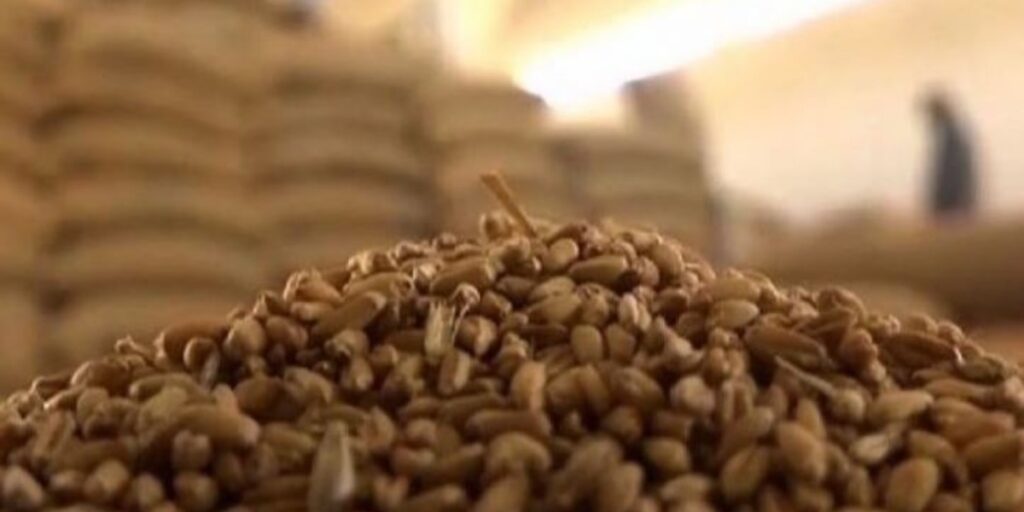Quetta: Balochistan is facing an acute wheat shortage as the provincial food department has run out of reserves, sources in the department confirmed.
They revealed that no wheat procurement has been made for the 2024–2025 cycle, leaving the province with zero stock for the current year.
Although the cabinet has approved the release of the remaining 2023 stock, the food department currently has no wheat available to meet demand from September 2025 to March 2026.
According to officials, a summary has been forwarded to the provincial government to address the crisis, recommending the purchase of 500,000 bags of wheat either through the Pakistan Agricultural Storage & Services Corporation (PASSCO) or from the Punjab government.
Balochistan News Updates
Wheat is the staple food crop of Balochistan and a critical part of the province’s food security.
Although Balochistan produces wheat in districts such as Nasirabad, Jaffarabad, and Sibi, its total output typically falls short of local demand.
This gap forces the provincial government to rely heavily on annual procurement from other provinces—mainly Punjab—or from federal agencies like the Pakistan Agricultural Storage & Services Corporation (PASSCO) to maintain strategic reserves.
Seasonal droughts, limited irrigation infrastructure, and unpredictable rainfall often affect wheat yields in Balochistan.
Delays in government procurement or inadequate stock management can quickly lead to market shortages, pushing up the prices of both wheat and flour.
To ensure stability, experts recommend timely procurement, investment in modern irrigation methods, and improved storage facilities to reduce post-harvest losses and guarantee a steady supply for the population year-round.
ALSO READ: Balochistan Food Authority fines food units for violations
The procurement process will proceed once the Balochistan cabinet grants approval, aiming to stabilize supplies and prevent a shortage of wheat and flour for the public.





